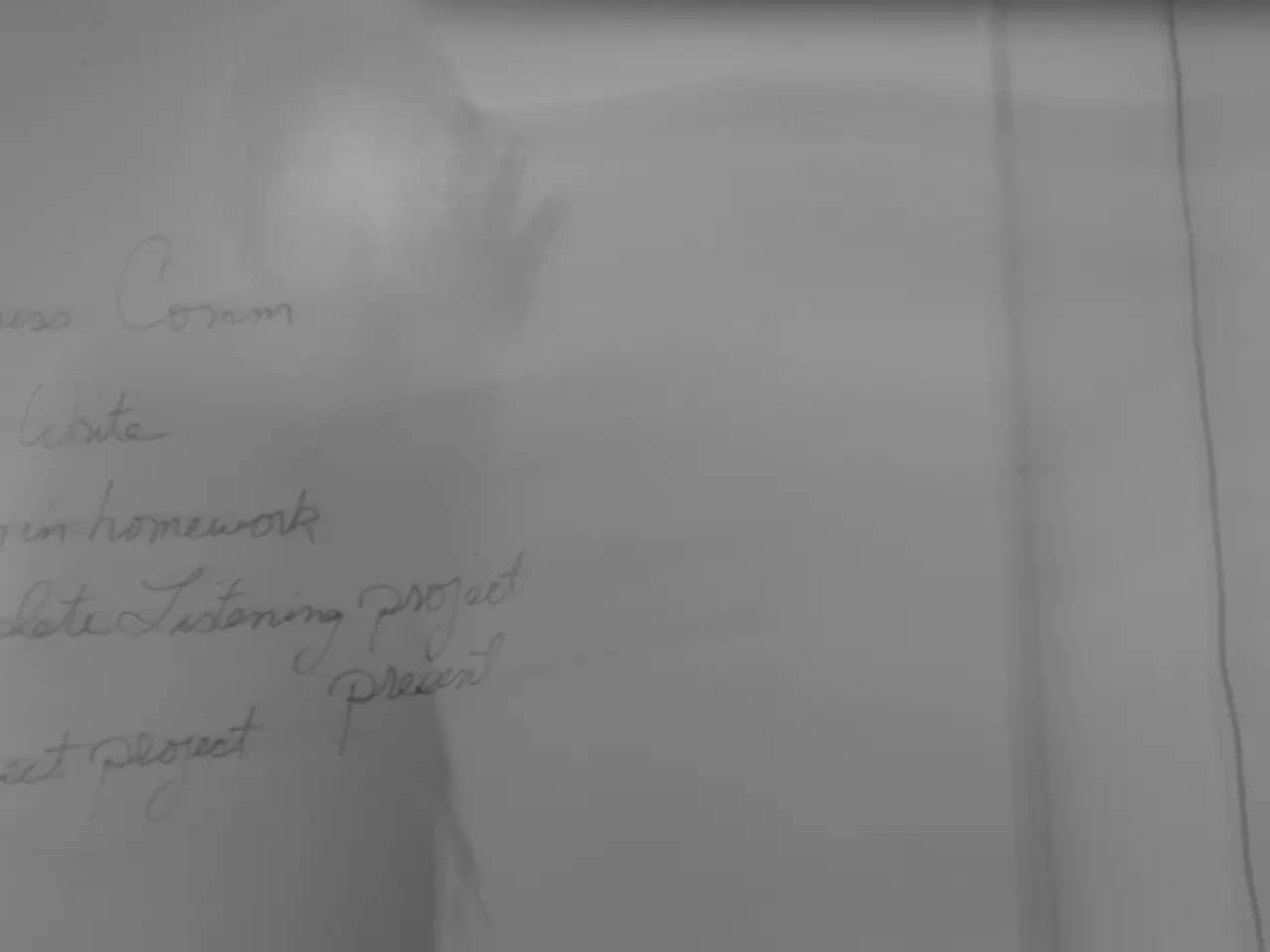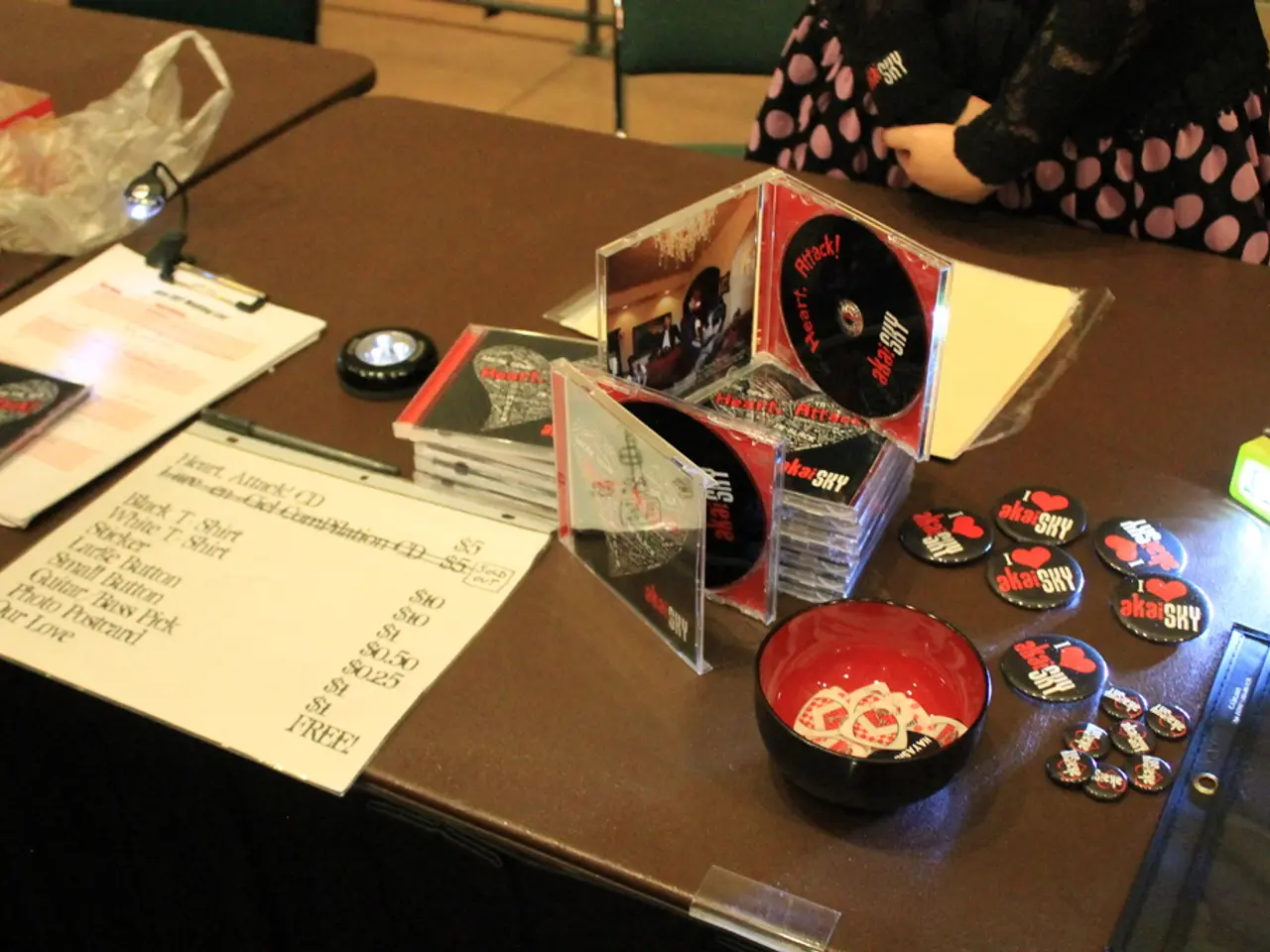Exploring the Maze of Ambiguity
In the ever-evolving world of research, navigating large-scale uncertainties has become a crucial challenge. However, a suite of creative problem-solving strategies can help researchers navigate these unknowns, generate innovative solutions, and adapt to rapidly changing environments. Here's how these strategies can be structured and applied in the context of 2025.
**Core Creative Problem-Solving Strategies**
1. **Reframing the Problem:** Redefine the challenge to uncover hidden opportunities and new perspectives. Instead of seeing uncertainty as a barrier, researchers can view it as a source of novel questions and experimental directions. An example of this strategy is reconfiguring research objectives to embrace uncertainty and prioritise adaptability over rigid hypotheses.
2. **Collaborative Brainstorming:** Gather diverse perspectives to generate a wide range of potential solutions. Create interdisciplinary teams or discussion forums where researchers from different fields can share insights, leading to more robust and creative approaches.
3. **Empathy and User/Stakeholder Understanding:** Deeply understand the needs, concerns, and contexts of end-users or stakeholders. Conduct targeted interviews or surveys within the research community or among anticipated audiences to refine research questions and methods.
4. **Creative Ideation:** Generate a broad set of possible solutions using techniques like brainstorming, mind mapping, or SCAMPER (Substitute, Combine, Adapt, Modify, Put to other uses, Eliminate, Reverse). Use structured ideation sessions to explore unconventional research directions or methodologies.
5. **Prototyping and Testing:** Develop initial models or experiments and test them iteratively. Quickly prototype research designs, pilot studies, or methodologies to test feasibility and refine approaches before full-scale implementation.
6. **Rapid Experimentation and Iteration:** Conduct small-scale, rapid tests and use feedback to continuously improve research designs. Implement agile research practices, allowing for frequent reassessment and adaptation in response to new data or changing contexts.
7. **Design Thinking:** A human-centered problem-solving approach emphasising empathy, ideation, and prototyping. Integrate design thinking workshops within research teams to foster creativity and user-centric innovation.
8. **Technological Integration:** Leverage technology to facilitate collaboration, data analysis, and exploration of new research paradigms. Use digital platforms for virtual brainstorming, data sharing, and collaborative project management. Technology can also support simulation-based research and rapid data synthesis.
9. **Learning Engagement and Curiosity:** Foster environments that encourage active learning, curiosity, and ongoing education. Prioritise workshops, seminars, and continuous professional development to keep research teams engaged and open to new ideas.
10. **Structured Frameworks for Uncertainty:** Use systematic methods like TRIZ (Theory of Inventive Problem Solving) or scenario planning to anticipate and manage uncertainties. Implement scenario planning to model potential research futures and prepare flexible strategies for different outcomes.
**Additional Considerations for 2025**
- **Technological Self-Efficacy:** Researchers with strong confidence in using new technologies are more likely to adopt innovative methods and adapt to large-scale uncertainties. - **Balanced Use of Digital Tools:** While technology is a powerful enabler, over-reliance on internet searches and digital tools can sometimes hinder creativity by narrowing the focus to existing solutions rather than fostering original thought. Researchers should aim for a balance between leveraging technology and engaging in independent, creative thinking. - **Dynamic and Interactive Learning Environments:** Integrate hands-on, problem-based learning and collaborative platforms to enhance creativity and adaptability within research teams.
By applying these creative problem-solving strategies, researchers in 2025 can better manage large-scale uncertainties, foster innovation, and maintain adaptability throughout the research process. These strategies can help researchers focus on what can be controlled in research, such as seeking new sources, adapting methods, and exploring diverse funding points. The core challenge of research, according to Professor Gitai, is working within the constraints of reality, which can feel increasingly tight today.
Professor Gitai emphasised the significance of proficiency and mentorship in academic research, and the interview also touched upon the need for effective time management in maintaining focus on research. The interview was published in "Junior Paper (JP)", providing insights into the perspectives of a leading molecular biology professor on various aspects of research. The flood of junk in scientific journals due to AI complicates the publishing process, but the research process demands flexibility and creative problem-solving in the face of the uncontrollable. The interview with Professor Gitai highlighted the role of creativity and problem-solving in overcoming research challenges.
In the year 2025, a junior paper could delve into the application of creative problem-solving strategies in the realm of science education and self-development. By examining how these strategies can enhance a researcher's ability to navigate large-scale uncertainties in the scientific field, the paper could explore the potential benefits of employing collaborative brainstorming, empathy and user/stakeholder understanding, creative ideation, prototyping, rapid experimentation, design thinking, technological integration, learning engagement, structured frameworks for uncertainty, and dynamic and interactive learning environments. The paper could conclude by emphasizing the importance of maintaining a balance between leveraging technology and engaging in independent, creative thinking.




